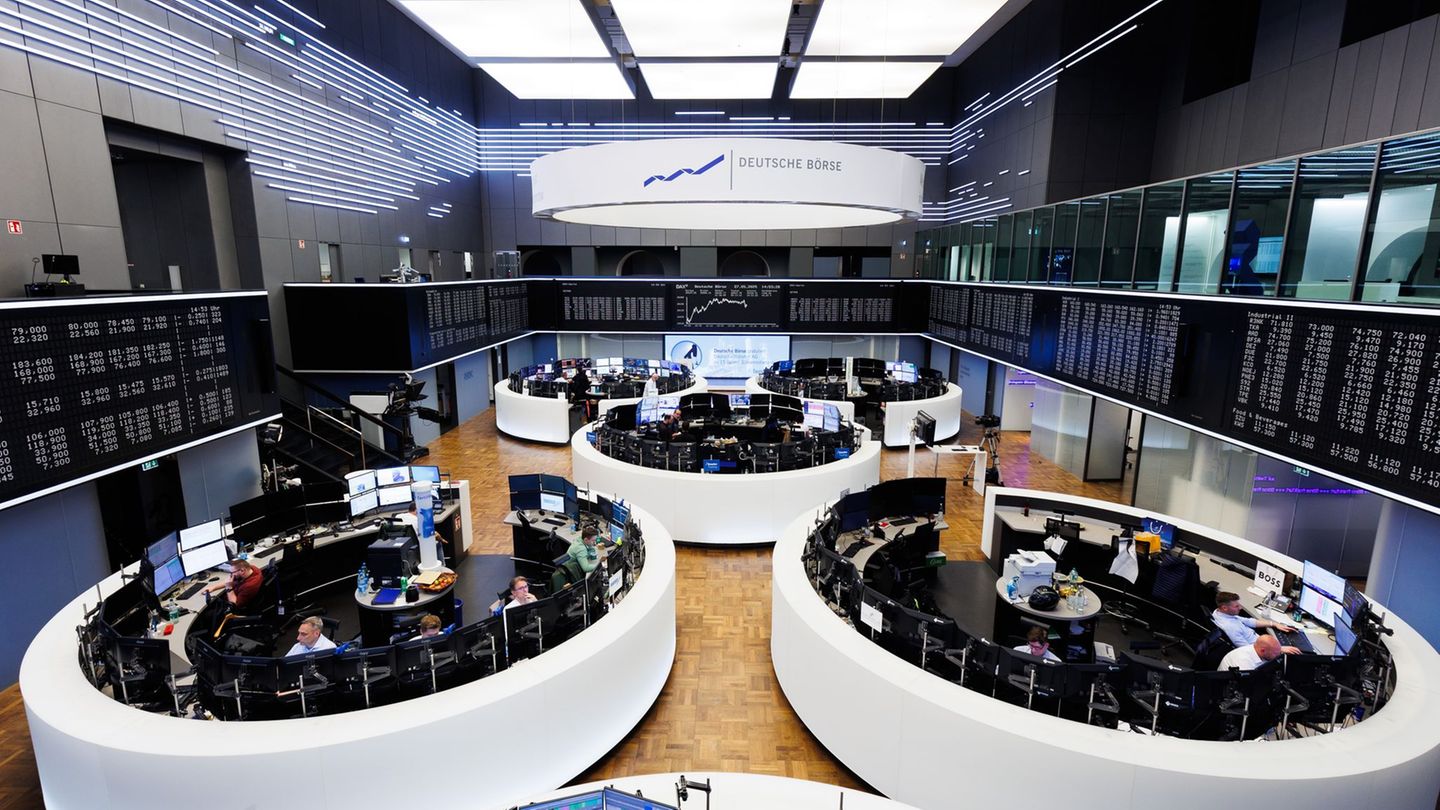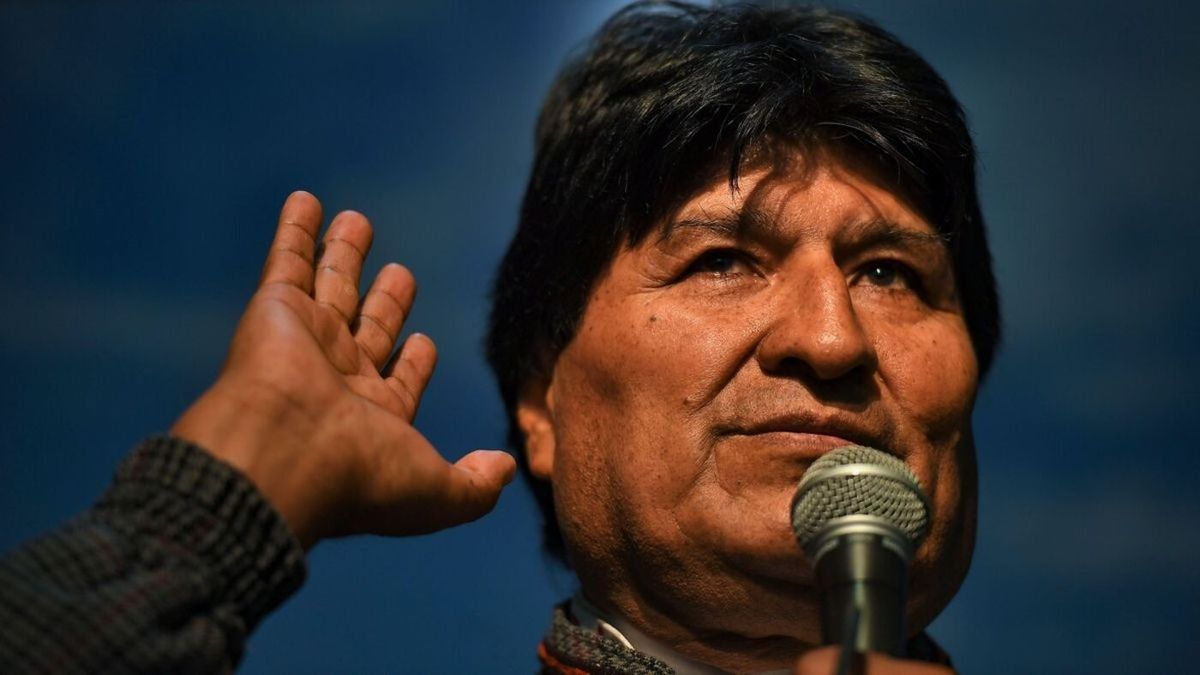What to do after the attack in Solingen? The traffic light coalition, the CDU/CSU and the states have discussed the matter. Whether there will be further talks depends on a key point for the CDU and CSU.
After the migration meeting, the Union set conditions for further consultations for the traffic light coalition. The Union and the states governed by the CDU and CSU agreed to only enter into further talks if people were turned away at the German borders, said Union parliamentary group leader Friedrich Merz at a CDU election campaign event in Kremmen, Brandenburg. “If the federal government does not do that, we will not be available to continue these talks.”
Merz accused the traffic light coalition of blocking the issue. “There is no willingness within the traffic light coalition to talk about rejection at the German borders. That is our number one central proposal.” The CDU leader himself did not take part in the discussions between representatives of the traffic light coalition, the opposition and the states.
Union parliamentary group vice-chair Andrea Lindholz (CSU) said as a participant after the meeting: “The most important step would be if the traffic light coalition came to the conclusion with us that these rejections at the border are necessary due to the system not functioning. And then we can move on to further points.”
The Hessian Interior Minister Roman Poseck (CDU) stressed that they had pushed for “a real change in migration policy and called for concrete measures to limit migration.” “From our point of view, this primarily includes border controls and rejections at the borders. It is currently unclear whether there will be further talks in this format.” The traffic light parties must clarify whether they are going along with the path to clear restrictions.
Faeser announces legal audits
Federal Interior Minister Nancy Faeser (SPD), who only made vague comments, announced: “Now it is a matter of legally examining certain points that we have discussed confidentially and then discussing them further. We have agreed on this.”
They want to meet again in the same group and have set a date for this next week. However, the legal exams are a prerequisite. “I am grateful for the serious and constructive discussion today. We want to continue this exchange quickly.”
Crucial point: rejections
The First Parliamentary Secretary of the CDU/CSU parliamentary group, Thorsten Frei (CDU), stressed: “For us, it is crucial that there is actually a reduction in the influx in the end, that migration remains manageable and integrable.” For the Union, it is crucial “that there are not only border controls, but that there are actually rejections at the border.” Frei added: “We had the impression that the points that are important to us were also seriously addressed.”
The Union now expects a quick reaction from the federal government. This has also been promised. “If we see that there is a willingness to achieve such results, then we will also spell out other topics.”
We need to make progress in the coming week, said Frei. The Union would also be prepared to make room for this in the Bundestag next week, when the budget is actually the topic of discussion. “It’s about speed, it’s about speed.”
Legal risks
Participants said that rejections entailed high legal risks. Furthermore, with these demands the Union was risking the hard-won European asylum reform, which also provides for tightening of the rules. If Germany questions compliance with the Dublin rules, which determine responsibility for asylum procedures in Europe, there is a risk of a kind of domino effect. Other countries could then encourage asylum seekers to travel on to Germany.
The Federal Ministry of the Interior was very skeptical about rejections last week. Regarding people who applied for protection in Germany, a spokeswoman explained that they should generally first be sent to an initial reception center in Germany. Those affected can only be transferred to the European country that is responsible for them under the Dublin rules. “This is not necessarily the neighboring country from which the border is crossed,” said a spokeswoman.
According to the Dublin rules, the country in which a migrant arrived in Europe is usually responsible for an asylum procedure. However, other aspects such as relatives who already live in a country can also play a role.
The “security package”
After the suspected Islamist-motivated knife attack in Solingen, the federal government presented a “security package” at short notice, which it believed should form the basis of the meeting. It provides for measures in three areas: a tougher approach to the return of rejected asylum seekers to their countries of origin, steps to combat Islamist terror more decisively and tightening of gun laws.
For example, it is planned that asylum seekers for whom another European country is responsible will no longer receive benefits in Germany – if that country is prepared to take them back (Dublin cases). There are also plans to ban switchblades and make it easier to exclude migrants who have committed a crime from protection in Germany. “We will present our draft law quickly and discuss it quickly in parliament,” announced Faeser.
Traffic light coalition has already tightened migration law
The traffic light coalition has already decided on several tightening measures, such as easing deportations at the beginning of the year. In addition, Chancellor Olaf Scholz (SPD) wants to present the results of the review by the end of the year on whether asylum procedures are possible in countries outside Europe.
After the federal-state round, Faeser said that the government’s measures to limit irregular migration were working and that the course should be continued. “There are a fifth fewer asylum applications than last year, a fifth more returns, more than 30,000 rejections at the German borders due to our internal border controls since October 2023. For the first time, we have deported dangerous criminals to Afghanistan.”
Concern at Pro Asyl
Justice Minister Marco Buschmann (FDP) and Foreign Minister Annalena Baerbock (Greens) also attended the meeting. Hesse represented the Union side and Lower Saxony represented the SPD side for the states. Members of the traffic light factions were also present.
The refugee organization Pro Asyl had expressed concern before the meeting and appealed to the federal government not to adopt any illegal measures. “The CDU must live up to its responsibility as a democratic party and must not further polarize the debate.” The meeting must focus on measures that strengthen democracy and social cohesion and prevent radicalization towards Islamism or right-wing extremism.
Federal Government on the “Security Package” Text of the “Security Package”
Source: Stern
I have been working in the news industry for over 6 years, first as a reporter and now as an editor. I have covered politics extensively, and my work has appeared in major newspapers and online news outlets around the world. In addition to my writing, I also contribute regularly to 24 Hours World.




